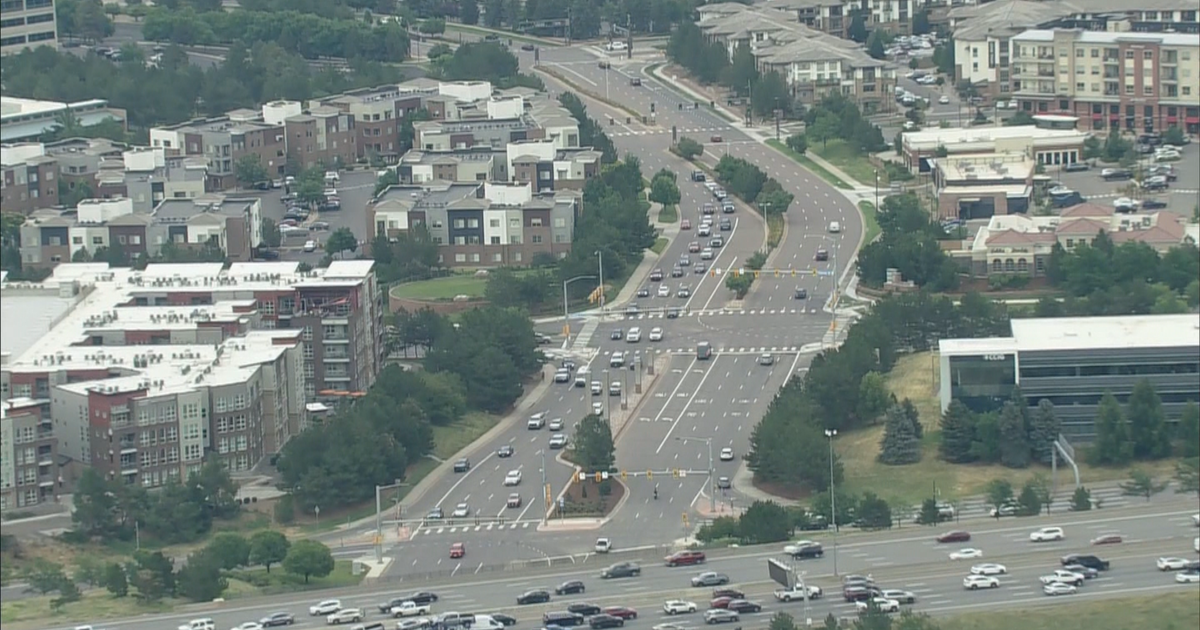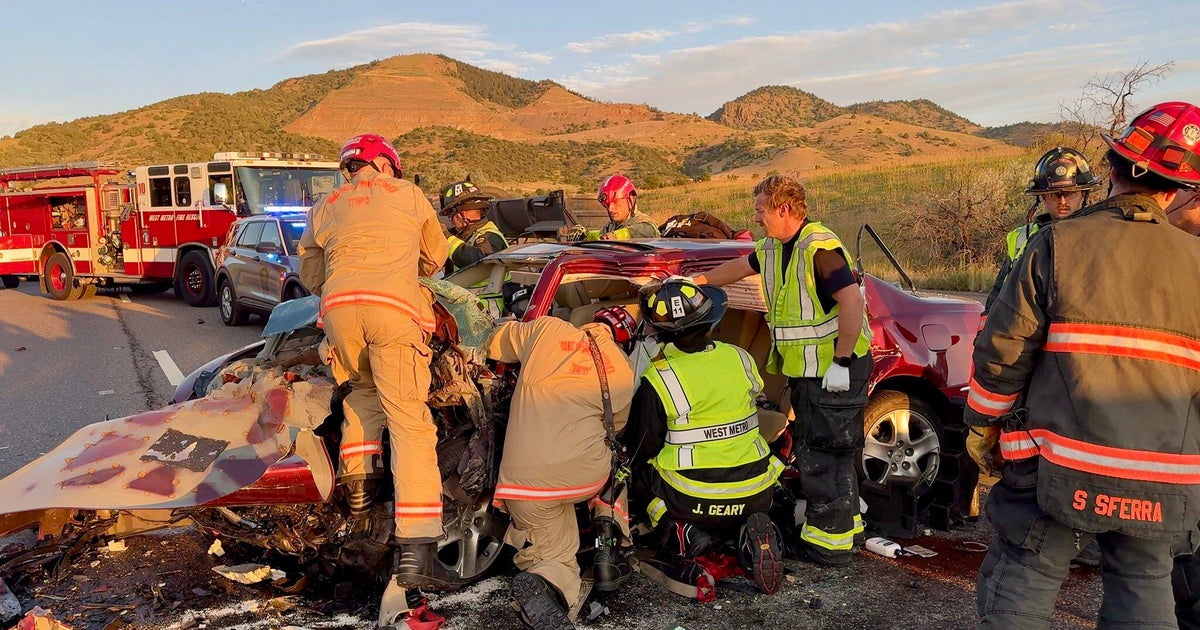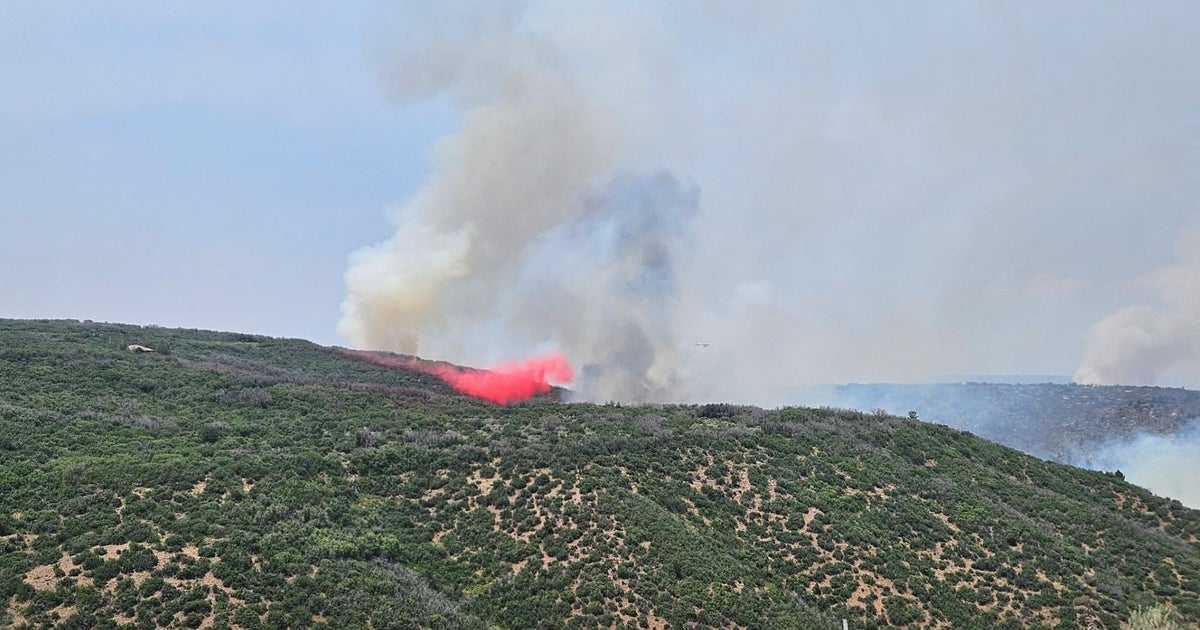Baby raccoon rescued in Colorado from semi-truck engine compartment
A baby raccoon was awoken from its adorable slumber after being spotted in the engine compartment of a semi-truck in Colorado.
The Arapahoe County Sheriff's Office said on Monday that animal control officers were dispatched to the truck and found the sleeping baby Tuesday morning.
"The baby raccoon was sleeping (these guys are nocturnal) and wasn't exactly happy about being woken up, but it eventually grabbed onto the catch pole and was pulled out safely and unharmed," the sheriff's office said in a statement.
It was later returned to its natural habitat.
The Arapahoe County Sheriff's Office took over animal control services from the county on June 21 and says it has since responded to over 100 calls for service regarding dogs, cats, rabbits, foxes, snakes, and raccoons.
Raccoons are omnivores, so they eat plants, fruits, insects, and smaller mammals, and do most of their hunting, scavenging, and moving about at night, so they tend to sleep throughout the day. In more rural areas, that means hollowed out logs, trees, and other animals' dens, but in more urban and suburban areas, they can sleep in storm drains, abandoned buildings, vehicles, and other areas that offer protection from the sun and predators.
Despite how cute they can be, raccoons can carry rabies, and the Colorado Department of Public Health and Environment urges anyone who's themself or a pet has been bitten or scratched by a raccoon or any other wild mammal that carries rabies to thoroughly wash the area with soap and water and then visit a doctor or veterinarian, especially if not vaccinated for rabies.
Raccoons can also carry distemper, which can't impact humans, but can get unvaccinated cats, dogs, and other pets sick and can often lead to their death. Colorado saw an outbreak among raccoons last fall and winter.
And while they do offer some risk, they're typically skittish and help control other pests by eating rats and insects, even if they occasionally knock a garbage can over. People are urged to contain and secure their trash and not leave food products out or in cars or garages overnight.
Wildlife officials advise contacting local animal control or a professional to remove a nuisance raccoon, but property owners or people with permission from a property owner can relocate a raccoon themselves, so long as it's relocated within two miles of the location it was found and Colorado Parks and Wildlife is .




